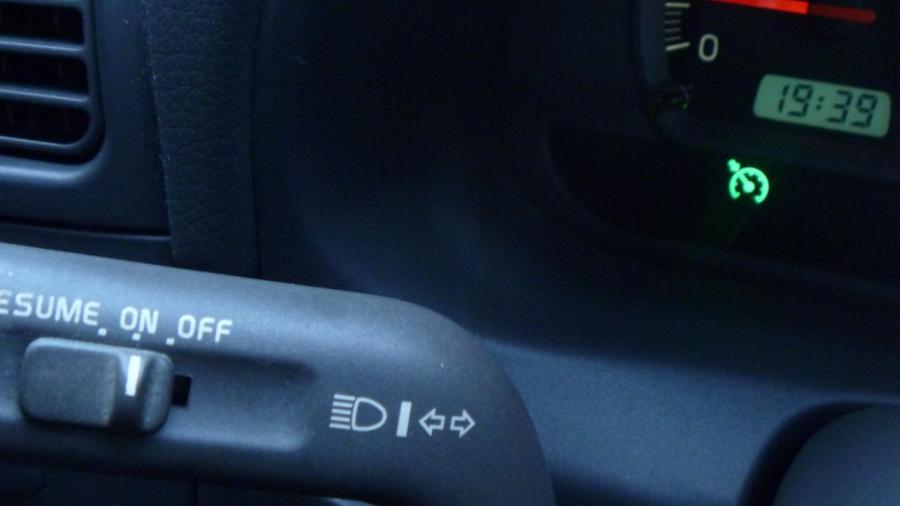What Is the ECM of a Car?

A car’s electronic control module is the computer responsible for providing fuel to the engine and controlling the quality of the car’s emissions. The ECM uses a microprocessor and software to analyze and respond to the input values from an array of sensors. An ECM is typically part of a larger system, with multiple modules that control everything from power steering to airbags, commonly called the car’s computer.
The ECM uses data from the throttle position sensor to mix the air-to-fuel ratio and position the fuel injectors to provide the right amount of fuel to the engine. It uses the information gathered by the exhaust gas recirculation valve sensor to monitor emissions, return unburned fuel to the engine and regulate the ignition, which controls the spark plugs. The ECM analyzes engine air for pressure and flow with mass air flow sensors and manifold pressure sensors, and uses oxygen sensors to control engine idle. It monitors voltage system wide and adjusts it if necessary. The ECM uses engine coolant temperature to alert the driver of an engine that is running too hot, usually with an indicator light on the dashboard. The ECM collects and stores data, in addition to using data to make operating decisions.





